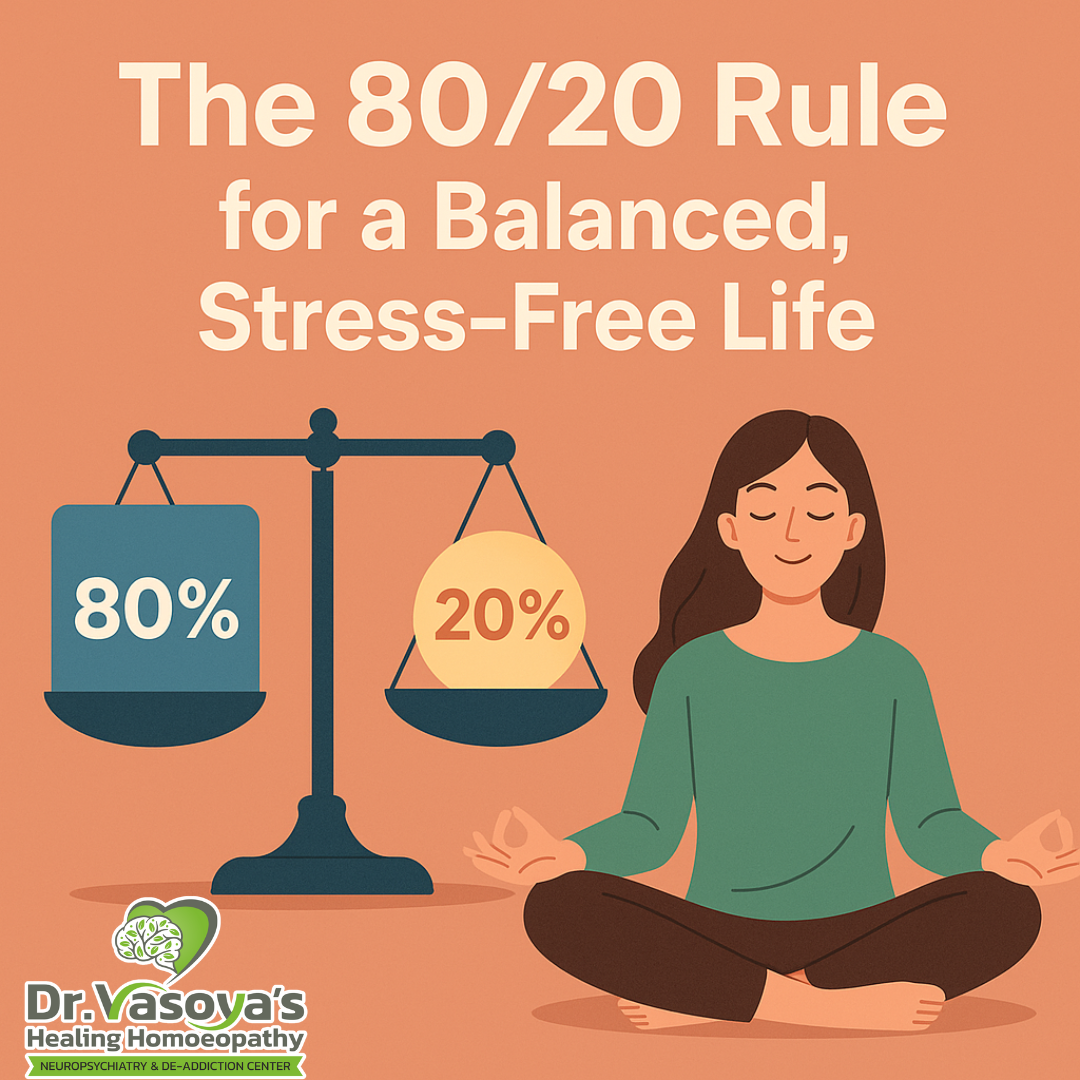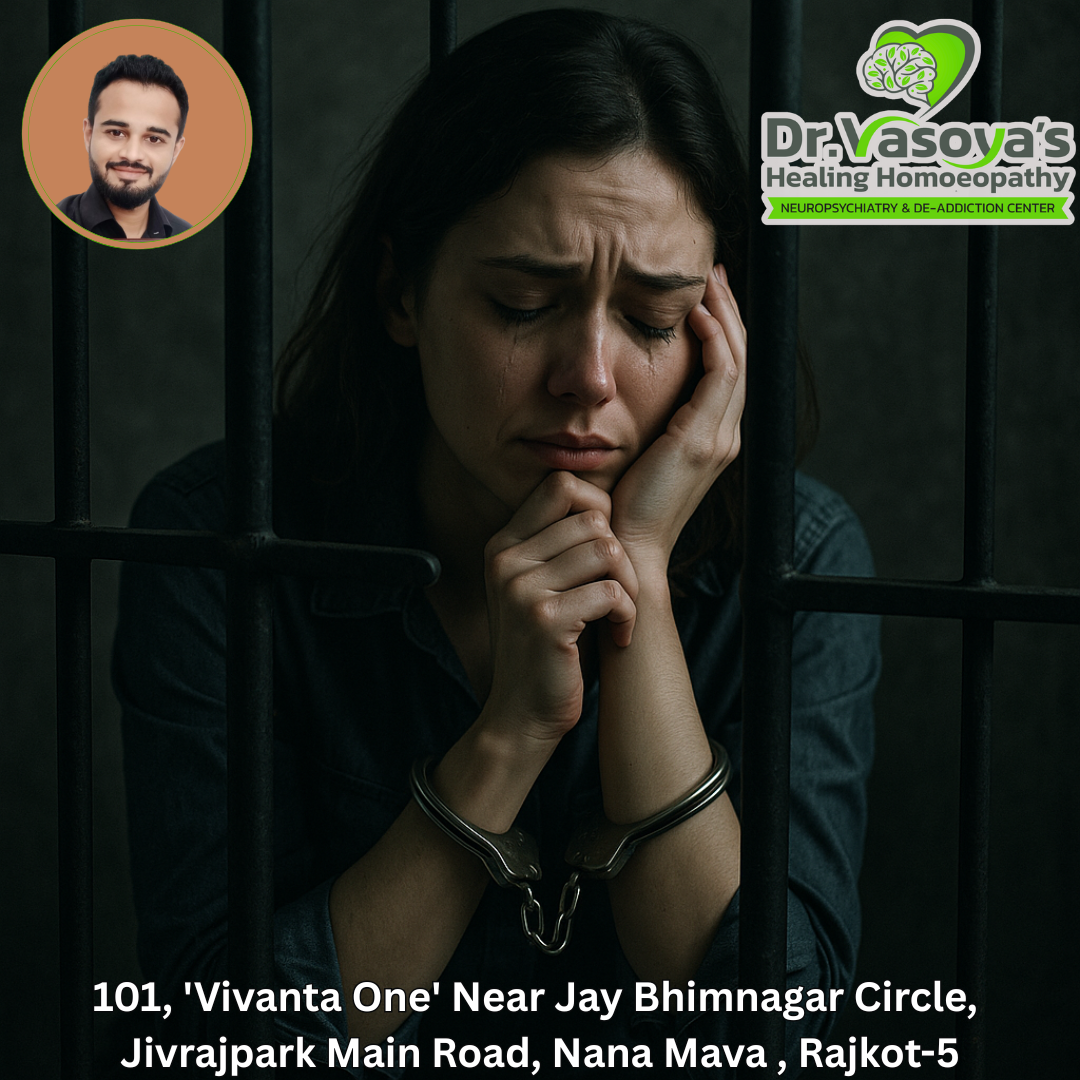
Carl Jung once said, “Everything that irritates us about others can lead us to an understanding of ourselves.” It’s not just an interesting thought—it’s a psychological game-changer. The things that annoy us most about others? They’re often reflections of parts of ourselves we haven’t fully acknowledged.
Why Do Some People Get Under Your Skin?
Think about the last time someone irritated you. Maybe it was a coworker who brags too much, a family member who never listens, or a stranger whose behavior made your blood boil. What if that irritation wasn’t about them—but about you?
Psychologists call this "emotional triggering". When someone’s actions bother us way more than they should, it’s often because they’re activating something buried in our unconscious mind. Jung called these buried feelings "complexes"—deeply rooted emotional clusters tied to past experiences. This is why two people can have wildly different reactions to the same behavior. You’re not reacting to "what they did"—you’re reacting to "what it awakens in you".
The Projection Trap: Seeing Yourself in Others
Jung’s concept of "projection" is like a psychological movie projector: our unconscious mind casts hidden aspects of ourselves onto others. It’s not just about blaming others for our flaws—it’s about seeing our own rejected traits in them.
For example:
- A manager constantly calling others lazy may be avoiding their own procrastination.
- A person who criticizes others for being arrogant might be suppressing their own need for recognition.
- Someone who accuses their partner of being unfaithful might be battling their own wandering thoughts.
Jung believed that "we don’t see people as they are—we see them through the lens of our own unresolved issues". This is why 10 people can have 10 completely different reactions to the same person.
The Shadow Self: Your Hidden Side
Jung’s "Shadow Self" is the part of us we reject because it doesn’t fit the image we want to project. As kids, we learn which behaviors are acceptable and which aren’t. The unacceptable ones get pushed into our unconscious mind—where they don’t just disappear. Instead, they find sneaky ways to show up in our lives.
How? Through irritation. The more we reject a trait in ourselves, the more likely we are to be triggered by it in others. Neuroscience even backs this up—our brains show stronger emotional responses when we encounter qualities we’ve repressed.
This creates what’s called the "Shadow Projection Loop":
1. We suppress a trait (e.g., selfishness, insecurity, ambition).
2. We see it in someone else and feel "irrationally" annoyed.
3. We blame them, rather than realizing it’s about us.
4. The cycle repeats—until we face the real issue: ourselves.
Turning Annoyance into Self-Awareness
So how do we break this cycle? The key is shifting our mindset from 'reaction' to 'reflection'. The next time someone irritates you, instead of just venting, try this:
1. 'Track Your Triggers' – Keep a mental or written note of people or behaviors that trigger strong reactions in you.
2. 'Ask the Hard Question' – 'What part of myself am I seeing in them?'
3. 'Own It' – If someone’s arrogance annoys you, is it because you secretly wish you had more confidence? If someone’s irresponsibility frustrates you, do you have a hidden fear of letting go?
4. 'Integrate the Shadow' – Instead of rejecting those qualities, accept that they exist within you. You don’t have to act on them—but acknowledging them removes their unconscious power over you.
The Freedom of Self-Awareness
When we start recognizing our projections, something amazing happens: we stop letting other people control our emotions. We become less reactive, more self-aware, and way more at peace. Our relationships improve because we’re no longer using others as mirrors for our unresolved issues. Instead of constantly being triggered, we develop 'emotional resilience'—the ability to 'respond' rather than 'react'.
Jung called this process "individuation"—the journey of becoming our truest, most integrated self. And it all starts with a simple shift in perspective: 'What if every irritation is actually a hidden lesson about myself?'
So next time someone gets under your skin, pause. Instead of asking, 'Why are they like this?' try asking, 'What is this revealing about me?' That’s where real self-growth begins.
- Dr.Vivek G Vasoya MD
(Homoeopathic Psychiatrist & Psychotherapist)




















Write a comment ...